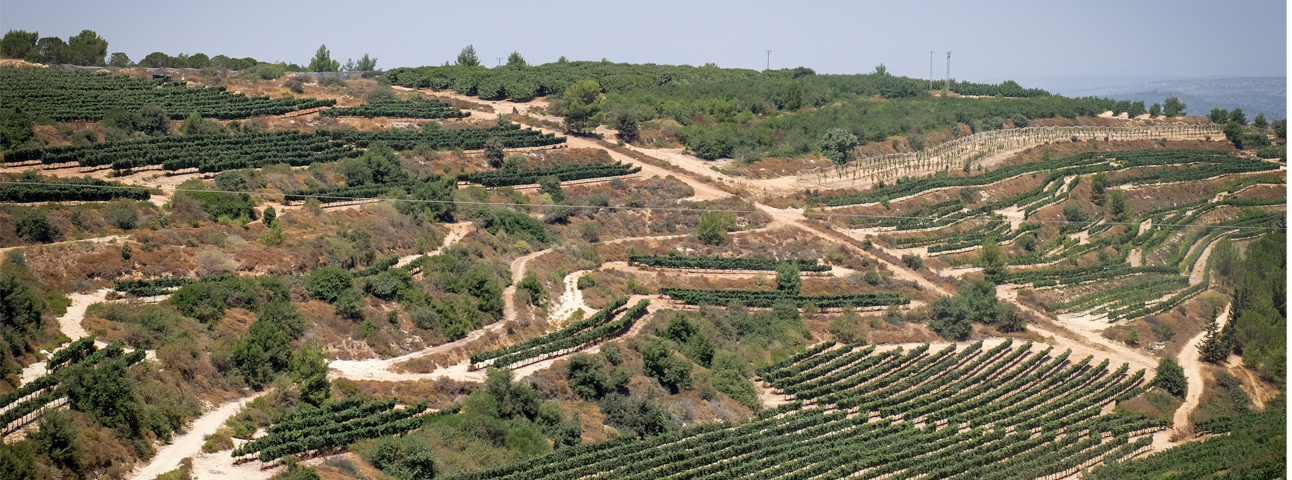The UN Blacklist – A Devastating Blow, or Prelude to Future Dangers?
The UN Human Rights Council published a database of Israeli and international companies operating in the West Bank - what are the ramifications and possible outcomes?

Flash 90
“While the list does not entail specific assignment of responsibility for human rights violations and does not impose sanctions on companies or countries, it can have long term implications, such as a ‘chilling effect’ on entities considering investing or operating in the West Bank, for fear of the stigma of being branded as human rights violators if they were to appear in this official UN database.”
Prof. Yuval Shany, Vice President of the Israel Democracy Institute
What is the context of the decision?
The decision published yesterday by the UN Office of the High Commissioner for Human Rights—the primary professional body supporting work of the Human Rights Council —is based on the Council’s 2016 decision denouncing Israel’s settlement policy. The Council, a political body comprised of 47 states, declared that the settlements violate human rights, and that countries and companies must distance themselves from supporting settlement activity and the human rights violations associated with them. The Council requested the High Commissioner to publish a list of Israeli and foreign companies whose activity has significant implications for the development of the settlements—including on construction in the settlements, on the use of checkpoints, mineral extraction, and banking and transportation services.
The High Commissioner explained that the list is not a legal holding establishing the companies included on it as violators of human rights, but the 2016 decision does call upon U.N. member states to explain to companies the legal risks they are taking by continuing their activity in the settlements.
Why did it take 4 years to create the blacklist?
It took about four years to create the list because the High Commissioner allowed those entities named in the first draft of the list to appeal their inclusion on it. Indeed, the list that was finally published is significantly shorter than the first draft list.
The delay might also be attributed to the heavy political pressure put on the Office of the High Commissioner to delay the publication of the list, especially by Israel and the U.S,
Can Israel expect to pay an economic price? Are companies likely to pull out from their activity in Israel?
The list does not have direct legal impact, since it was adopted via a process which is not of a legal nature, nor does it provide a legal definition of the nature of the companies’ activity. Companies are primarily concerned that their inclusion on the list will make it difficult for them to attract investors, and to cooperate and form partnerships with other businesses that are likely to be deterred from being identified with them, in light of the damage to their image created by their inclusion on the list.
We don’t see similar lists in Cyprus or Morocco, despite the fact that they too are areas in a state of conflict. Why is that the case?
The decision of the Council for Human Rights to focus on Israeli settlements rather than on other cases in which countries engage in settlement activity in occupied or disputed territories is a political one.
For a long time now, the Council has been under significant criticism with regard to the selective and non-objective character of some of its activities. This criticism also led Israel to announce that it will not cooperate with the Council, and to the U.S to withdraw from the Council.
This is, however, not the first case in which the Council is focused on business entities. A year ago, in the course of its response to widespread massacres committed in Burma (Myanmar), the Council published a list of businesses under military control in the context of the sanctions which it recommended to impose on the Burmese military, in light of its alleged role in these massacres.
